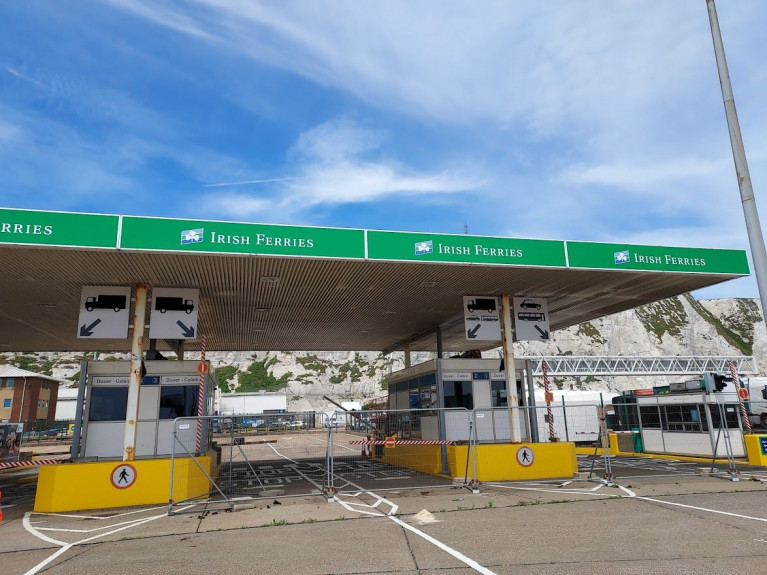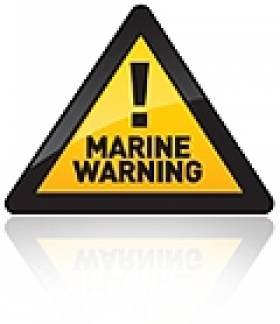Displaying items by tag: Briggs Marine
Briggs Marine Secured Contract from Irish Ferries to Support New Dover-Calais Ro-Pax Service
Scotland based Briggs Marine, a provider of marine and environmental services, has secured a contract with Irish Ferries at the Port of Dover.
The contract is to provide full landside port and terminal operations services at the ferry port for its brand new Dover-Calais ro-pax ferry service which started today.
The service will make it easier for passengers and hauliers to travel between the Republic of Ireland, the UK and Europe. Irish Ferries has highlighted that this new service will significantly strengthen the capacity and reliability of the land bridge for exporters and importers.
Drawing on its decades of industry experience, Briggs will provide 24/7 support to each and every Dover port-call. Briggs will create around 55 jobs varying from operational roles through to check-in staff, coordination and management positions, with all roles being sourced locally.
Andrew Sheen, Managing Director at Irish Ferries, commented: “We want to deliver a reliable and efficient service for our customers. Working with a leading supplier who has a proven track record in delivering quick, easy and effortless marine operations is key. Briggs has a strong reputation within this space, and we were particularly impressed by their energetic approach, passion and commitment to ensuring the highest standards of service delivery to our customers.”
This contract further expands Briggs’ portfolio of delivering similar, critical marine services for ports across the UK including Liverpool, Immingham (Lincolnshire), Finnart (Scotland), Isle of Grain (Kent), Fawley, Hamble (Hampshire), London Medway and Stanlow (Ellesmere Port).
Collieson Briggs MBE, Managing Director at Briggs Marine also commented: “We share a passion and vision with Irish Ferries that we hope can evolve and grow. Our focus is on building operational confidence with round-the-clock services and recruiting the best skills for this new service. This is a cornerstone contract for us, and one that we hope will deliver long-term success for Irish Ferries.”
Marine Notice: East-West Interconnector Works in Irish Sea
#MARINE WARNING - The latest Marine Notice from the Department of Transport, Tourism and Sport (DTTAS) advises on preliminary work on the East-West interconnector power cable in the Irish Sea between Ireland and Wales over the next few weeks.
Briggs Marine commenced pre-lay grapnel runs along the line of the cable route on Sunday 1 April, and this work will be carried out over three weeks from the vessel Kingdom of Fife (call sign 2BKR2).
This work will continue on a 24-hour basis, and the vessel will display appropriate day shapes and lights as required, with a continuous watch on VHF Channel 16 and DSC.
Complete details including co-ordinates of the work area are included in Marine Notice No 14 of 2012, a PDF of which is available to read and download HERE.






























































